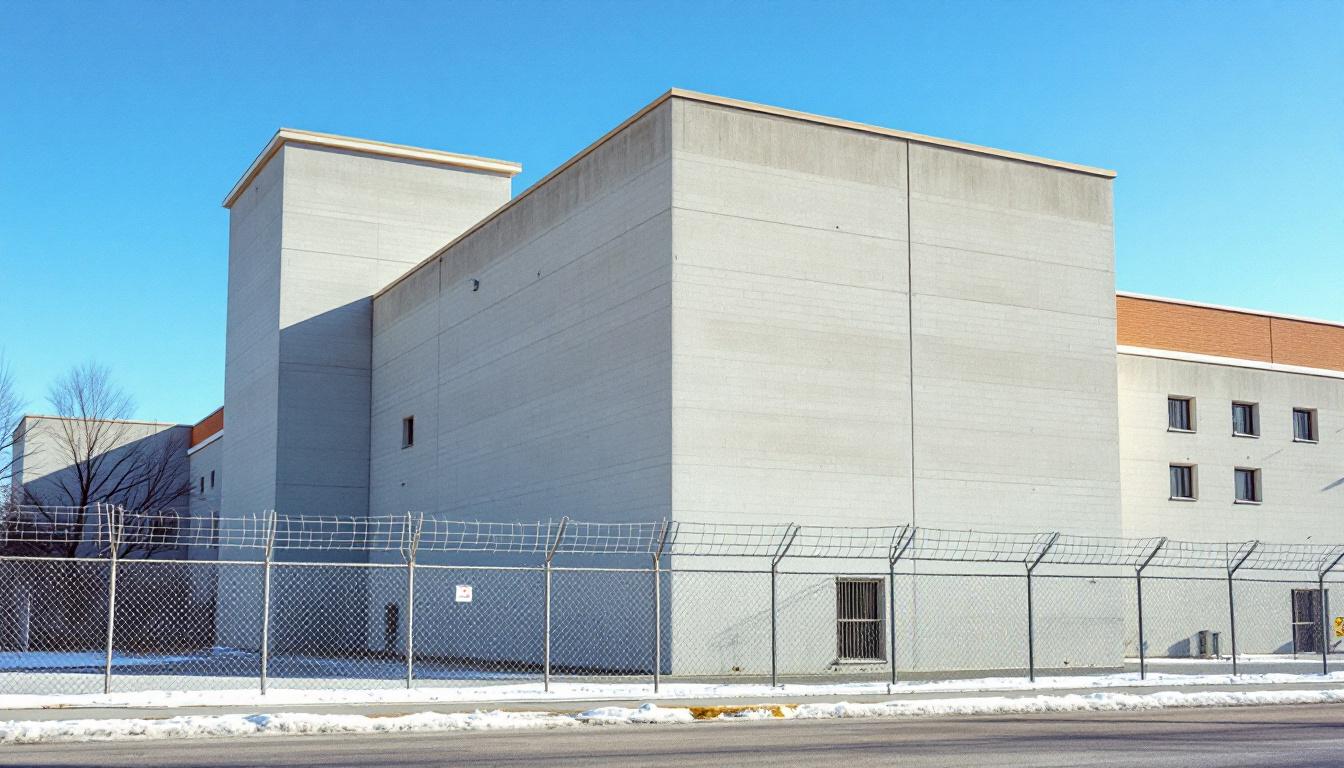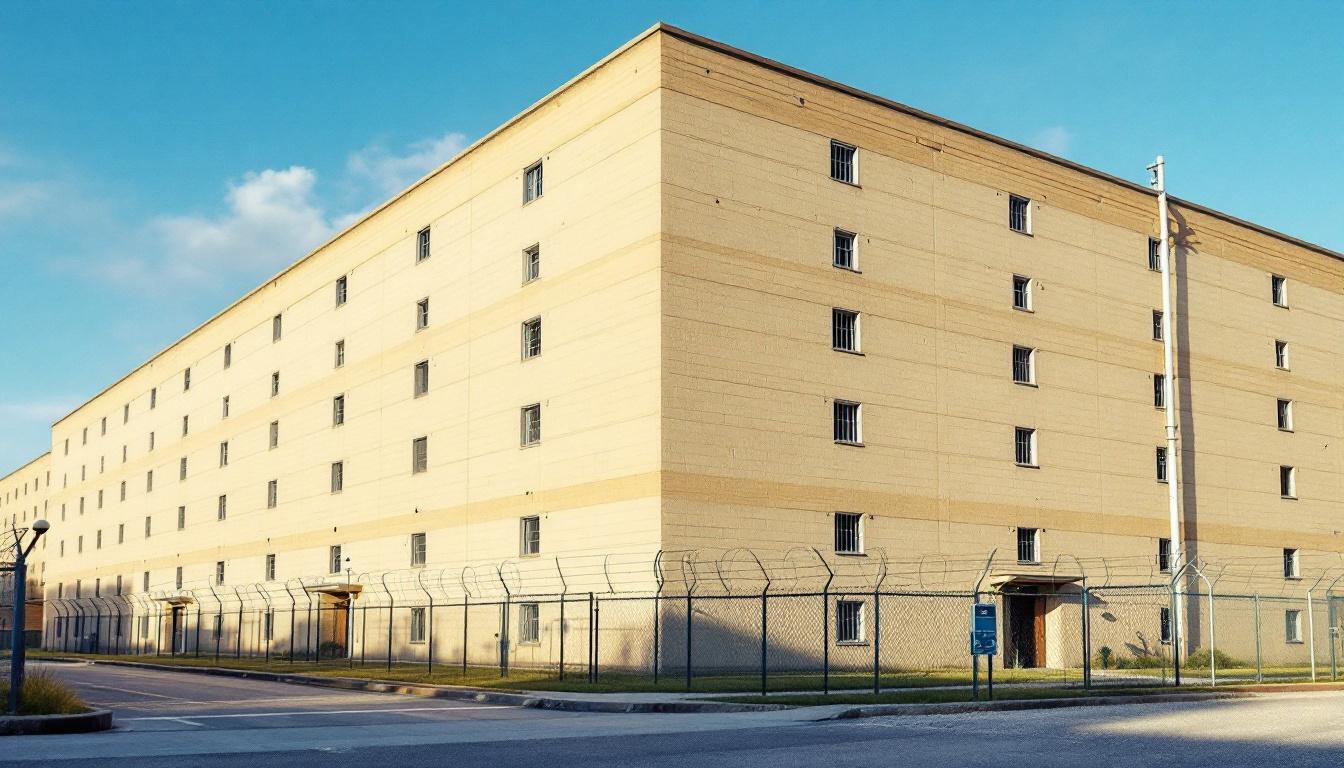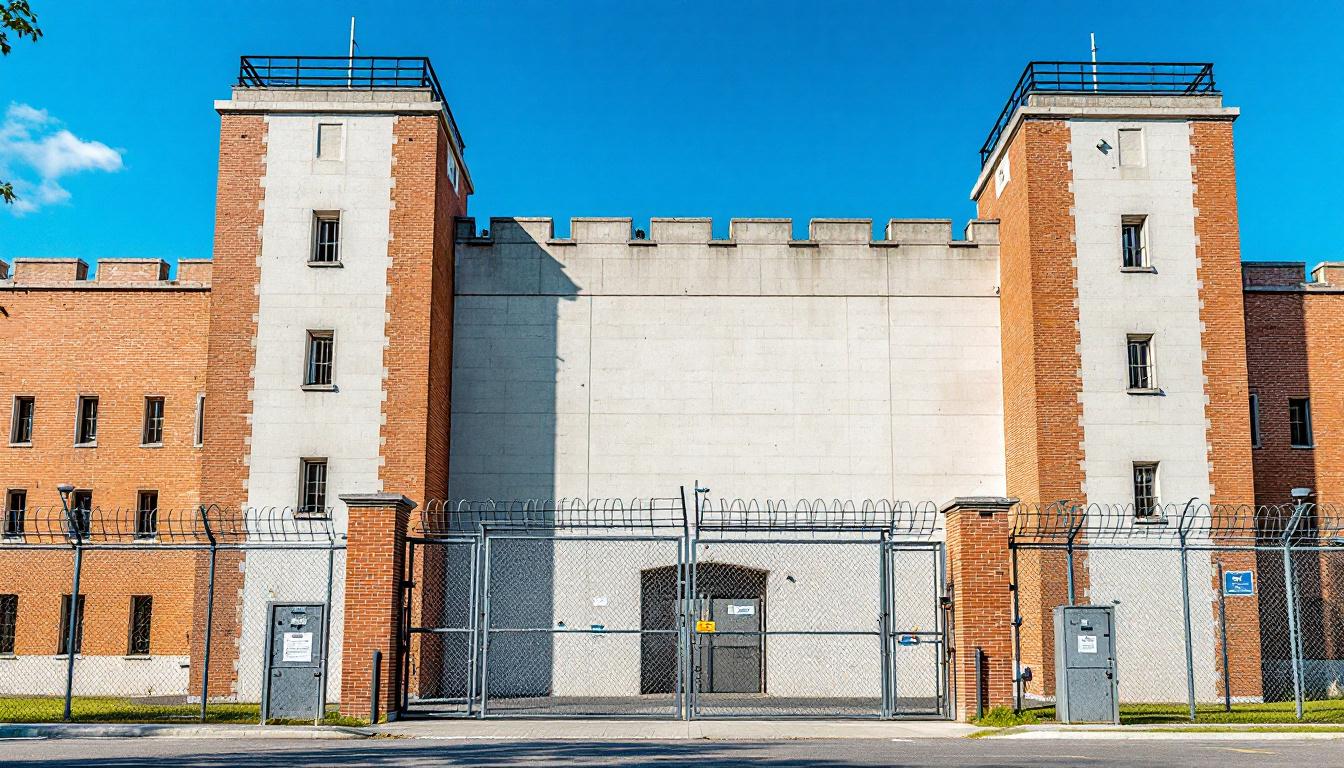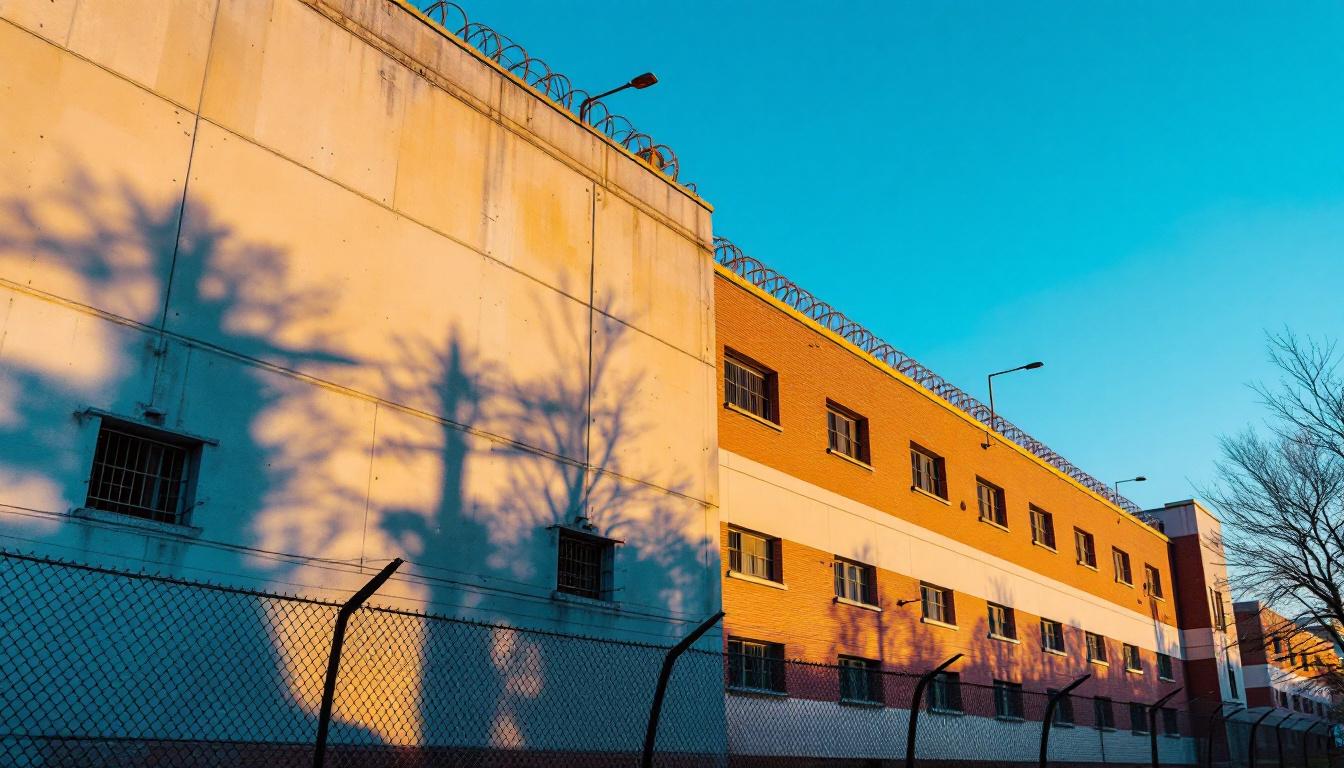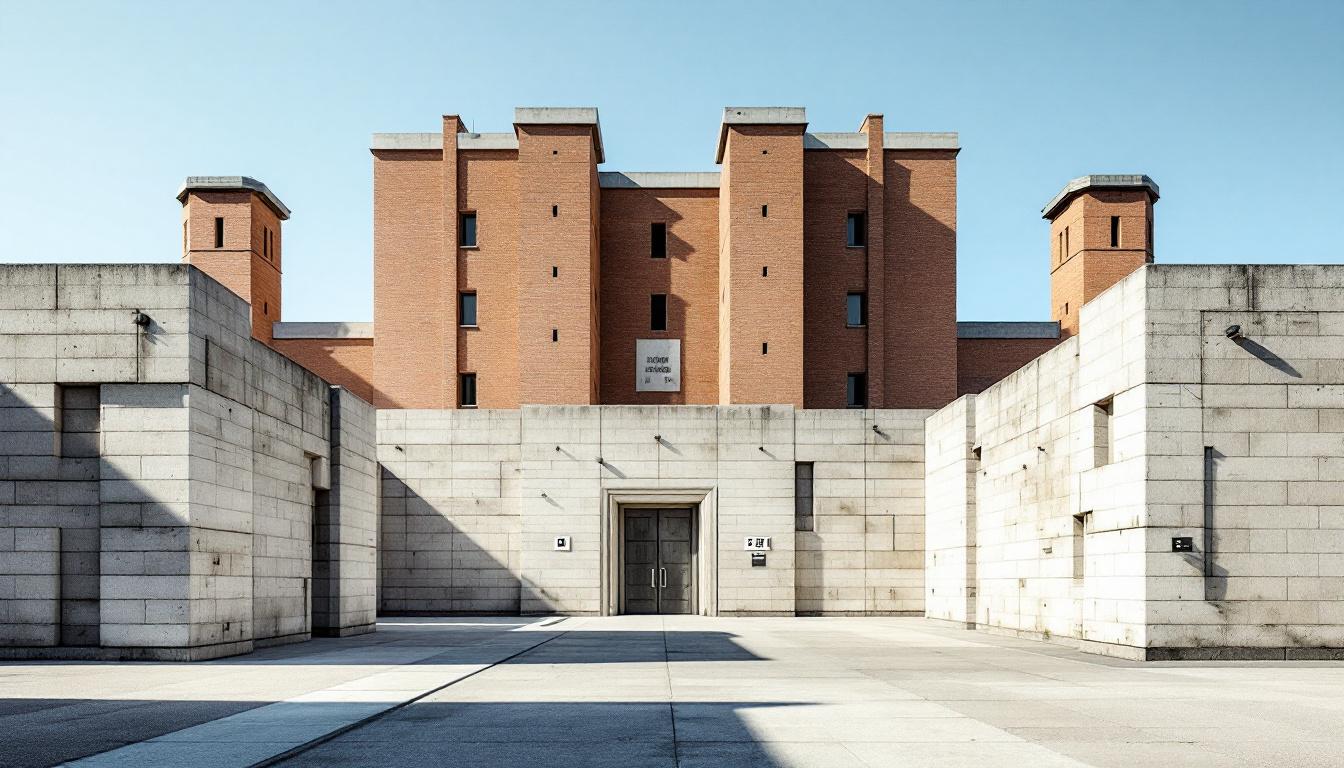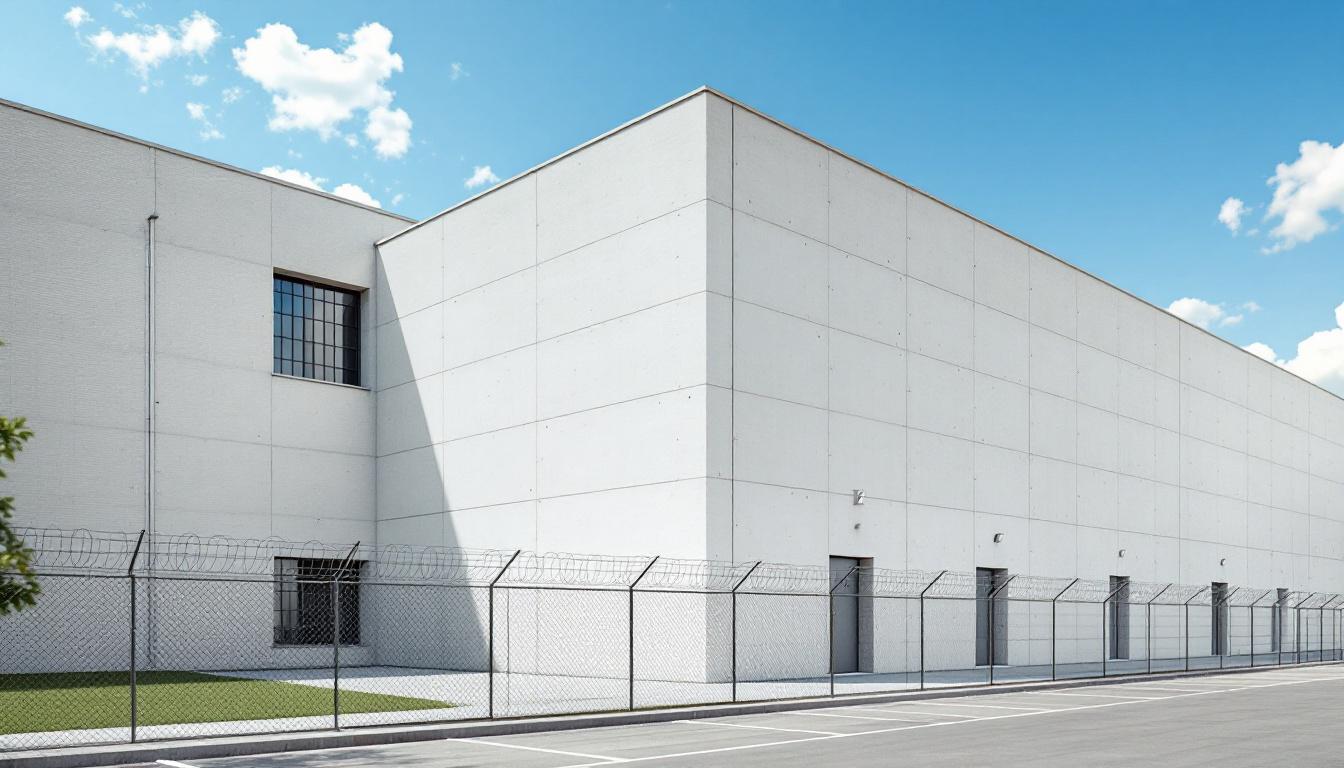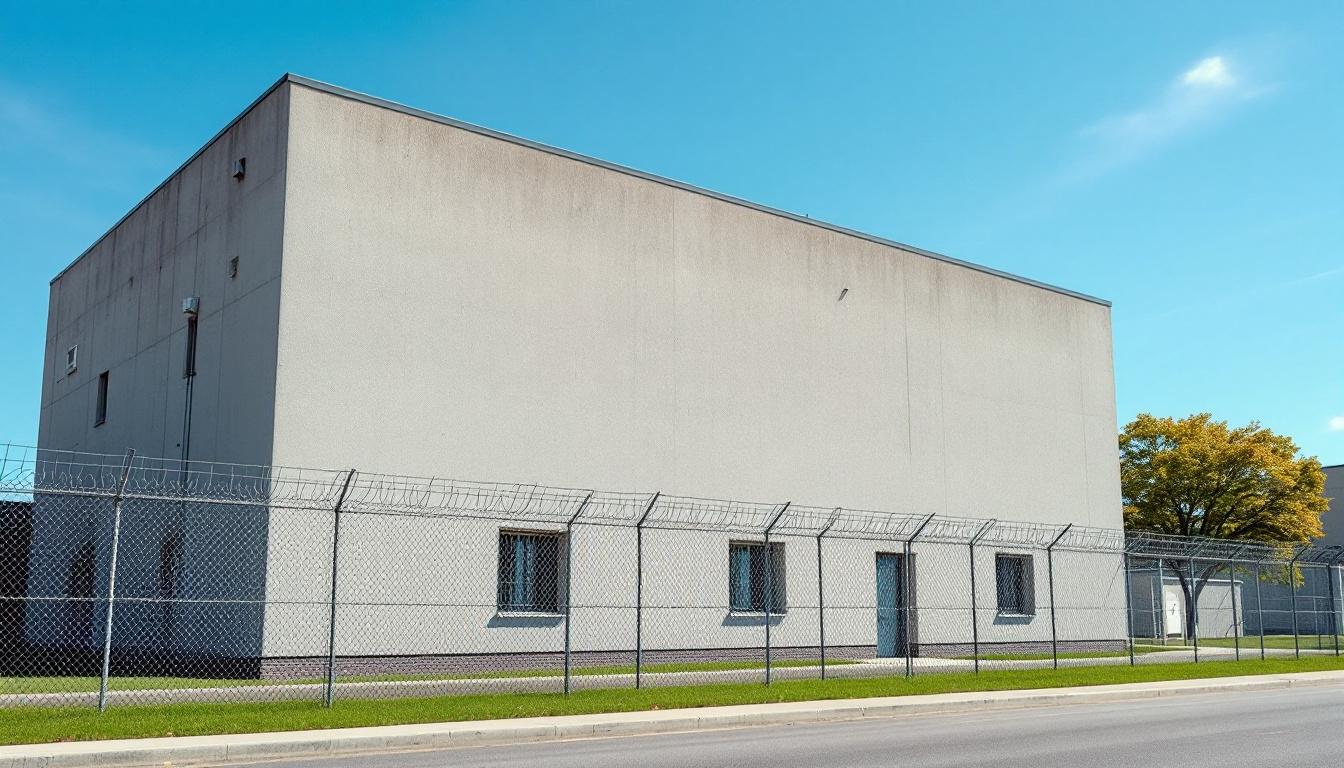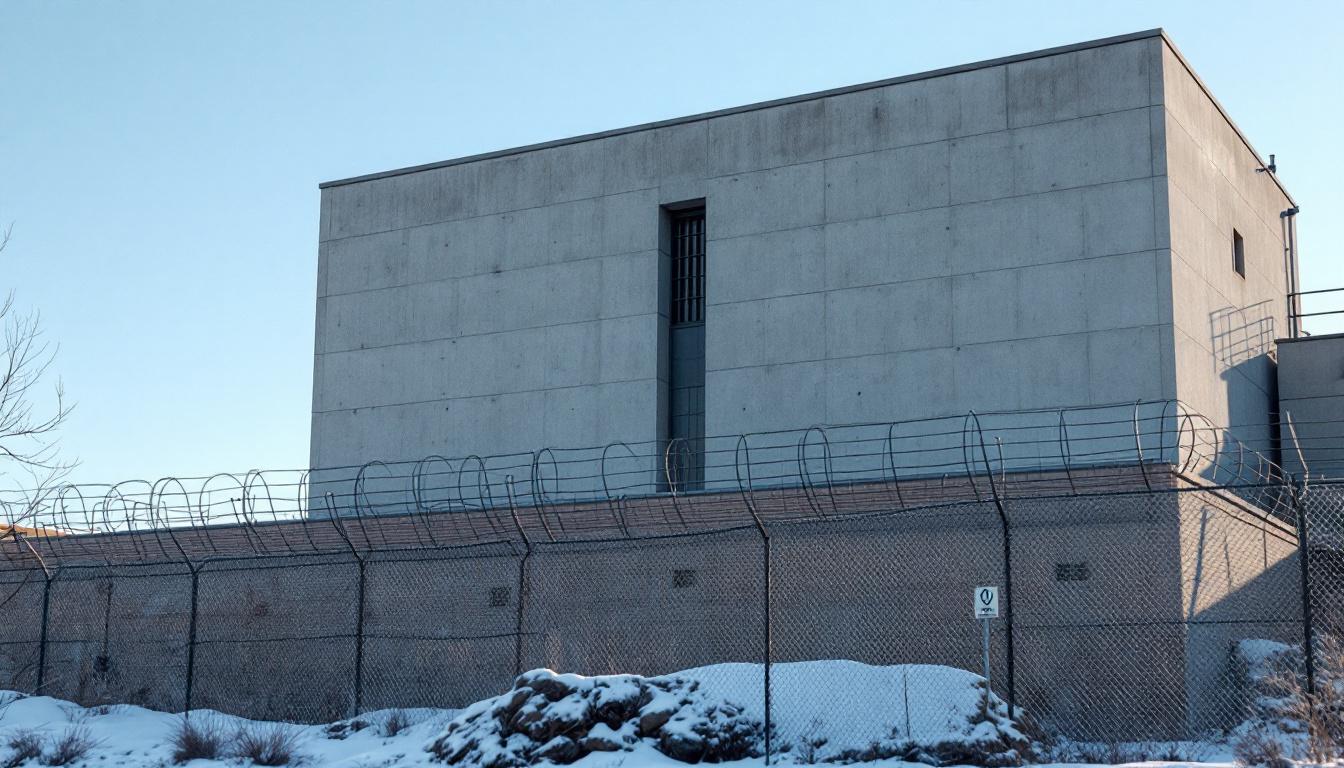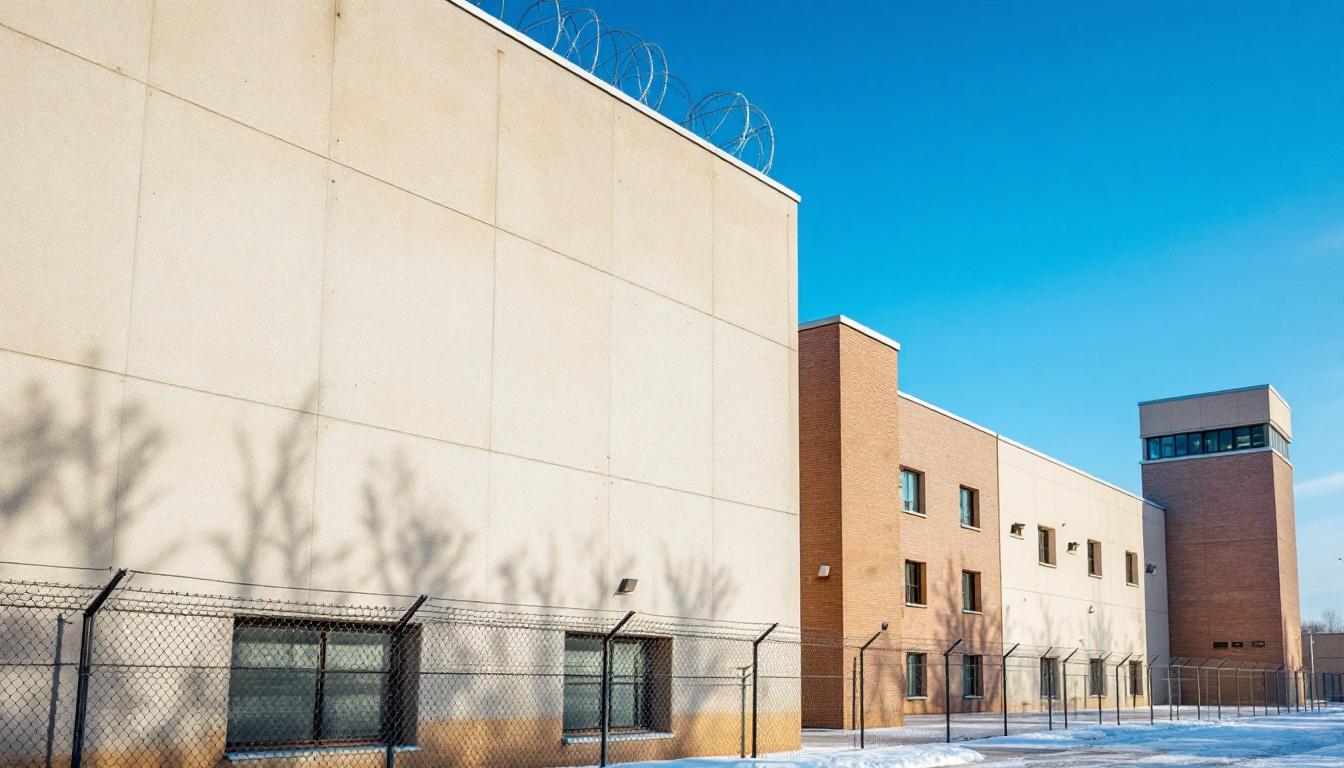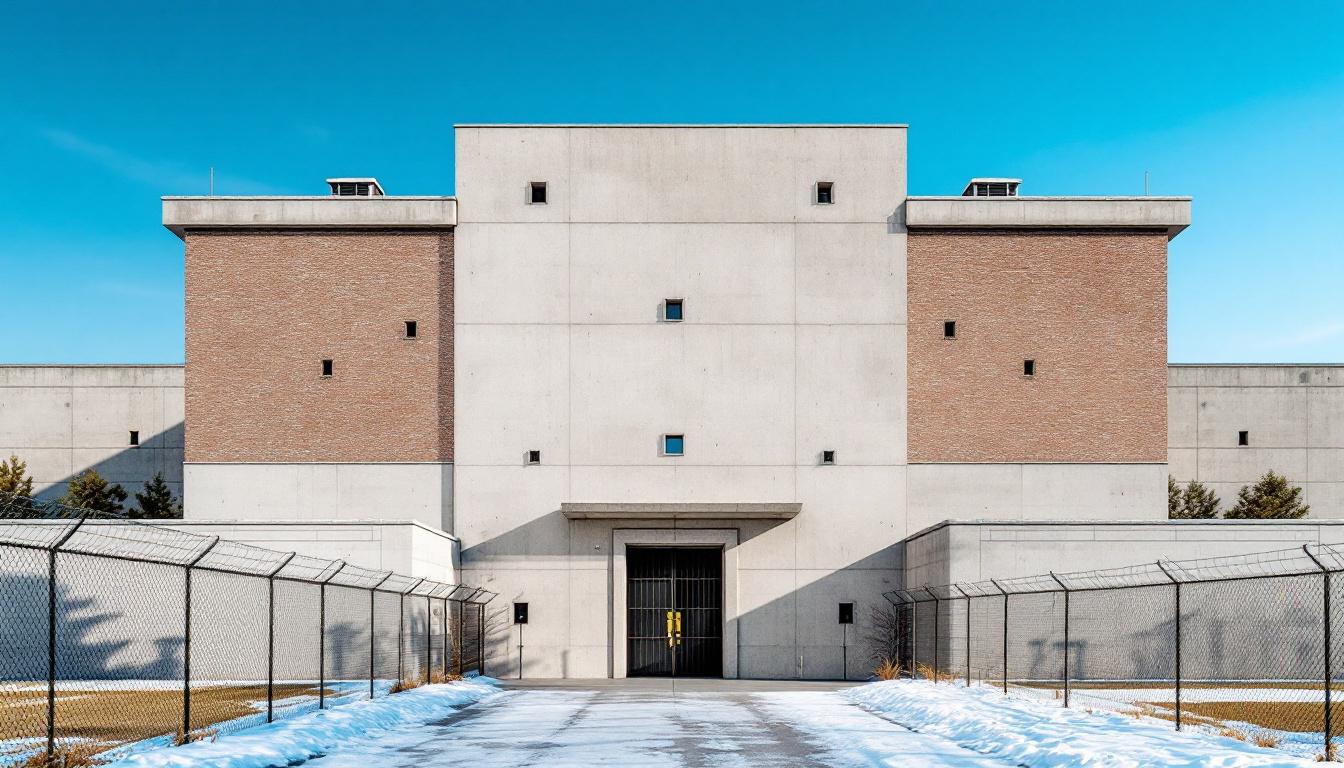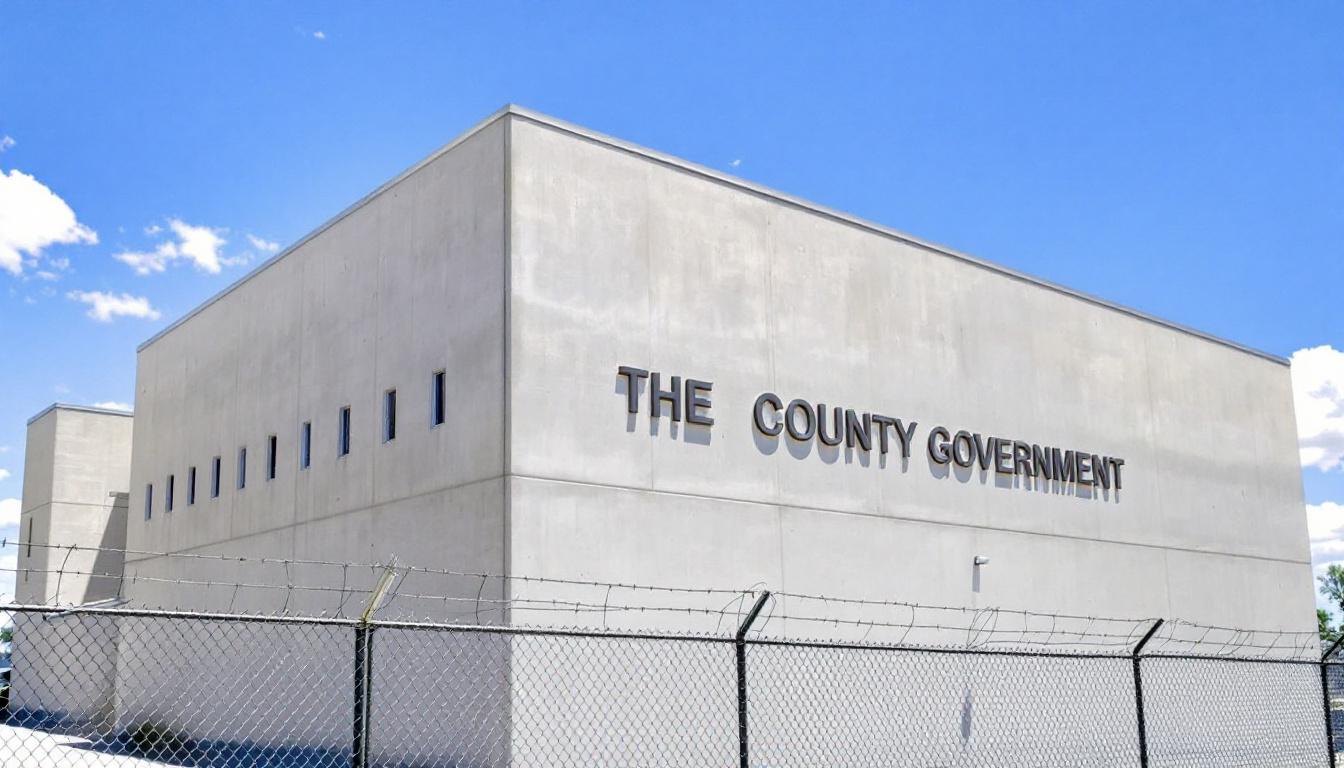
Quick Navigation
How to contact an inmate at Tyger River Correctional Institute
This comprehensive guide will walk you through how to connect with an inmate at Tyger River Correctional Institute. Follow the steps below to find an inmate and send letters and photos:
- Search for the inmate using our search tool below
- Create your account or log in to Penmate
- Write your message (up to 6,000 characters)
- Send instantly - inmates receive printed copies daily
Find an Inmate
Search for an inmate to start communicating today
Tip: You can search by first name, last name, or inmate ID number
To contact a person at Tyger River Correctional Institute start by searching for the person on the official facility website. Perform a search by following these steps:
- Step 1: Enter their first name and last name into the search form and click "Search"
- Step 2: Locate their inmate record
- Step 3: Write down their Inmate ID and any housing information provided
Important! Be sure to enter the person's full name. Nicknames should not be used.
How to Send Messages to Inmates

You can use your phone or computer to send emails, letters, and photos to an inmate. Messages are sent electronically to inmate tablets or kiosks at the facility. If you would like to send a message, start by searching for an inmate at Tyger River Correctional Institute.
Sending Photos and Postcards

A great way to send love and support to a loved one at Tyger River Correctional Institute is to send photos and postcards. It only takes a few minutes to send photos from your phone and it makes a huge difference. You can also mail postcards with words of support and inspiration, or design your own postcard for special moments like birthdays and holidays.
Important! Be sure not to send any explicit photos or they may not be approved by the facility. You can also use a photo printing app like Penmate to make sure your photos are printed at the correct size (4x6 or 3x5) and are mailed according to the rules and regulations of Tyger River Correctional Institute.
Frequently asked questions about Tyger River Correctional Institute
-
How long does it take to deliver a message?
If you're sending an email message your letter is usually delivered within 24-48 hours. For messages sent via mail you should expect delivery within 3-7 days. All messages will need be approved by Tyger River Correctional Institute.
-
How much does it cost to send a message to Tyger River Correctional Institute?
You can send a message free using your phone or mail a message via USPS for the price of a $0.60 stamp and envelope. You can also purchase credits or e-stamps from services starting at $1.99.
-
What services can I use to contact an inmate at Tyger River Correctional Institute?
Penmate
You can use Penmate to send letters and photos to an inmate from your phone. It's an easy way to stay in touch during your loved one's incarceration. Use the inmate locator to find an inmate's location and contact information, then you can send messages within a few minutes.
Securus messaging
Securus may be another option for communicating with an inmate at Tyger River Correctional Institute. You can create a friends and family account and purchase credits to send messages. All messages will be reviewed and must be approved by the facility.
JPay
Some county jails and state prisons may support sending messages with JPay. You must register an account with the system, find your loved one, and purchase stamps to send messages. For some locations you can also attach photos.
Smart Jail Mail
You may also check if Smart Jail Mail is available at Tyger River Correctional Institute. Smart Jail Mail is operated by Smart Communications and has contracted with some state and county jails. After purchasing credits, your messages and photos are sent to the facility, printed out, and then handed out to your loved one.
-
What is the mailing address of Tyger River Correctional Institute?
Mailing address:
Tyger River Correctional Institute
200 Prison Rd
Enoree, SC 29335
Phone: (803) 896-3501Business hours:
- Monday: Open 24 hours
- Tuesday: Open 24 hours
- Wednesday: Open 24 hours
- Thursday: Open 24 hours
- Friday: Open 24 hours
- Saturday: Open 24 hours
- Sunday: Open 24 hours
-
What are the visiting hours at Tyger River Correctional Institute?
Visiting hours at Tyger River Correctional Institute vary by housing unit and security level. Generally, visits are scheduled on weekends and holidays, with some facilities offering weekday visits. Contact the facility directly at (803) 896-3501 or check their website for the current visiting schedule. Visits typically last 30-60 minutes and must be scheduled in advance.
-
What items are prohibited when sending mail to Tyger River Correctional Institute?
Prohibited items typically include: cash, personal checks, stamps, stickers, glitter, glue, tape, staples, paperclips, polaroid photos, musical or blank greeting cards, hardcover books, magazines with staples, and any items containing metal or electronics. Only send letters on plain white paper with blue or black ink. Photos must be printed on regular photo paper (no Polaroids). Always check with Tyger River Correctional Institute for their specific mail policies.
-
How do I send money to an inmate at Tyger River Correctional Institute?
You can send money to an inmate at Tyger River Correctional Institute through several methods: 1) Online using JPay, Access Corrections, or the facility's approved vendor, 2) Money orders mailed directly to the facility with the inmate's name and ID number, 3) Kiosks located in the facility lobby, or 4) Over the phone using a credit or debit card. Fees vary by method, typically ranging from $2.95 to $11.95 per transaction.
-
Can I schedule a video visit with an inmate at Tyger River Correctional Institute?
Many facilities now offer video visitation as an alternative to in-person visits. At Tyger River Correctional Institute, video visits may be available through services like Penmate, Securus Video Connect, GTL, or ICSolutions. Video visits typically cost $10-20 for 20-30 minutes and must be scheduled in advance. You'll need a computer or smartphone with a camera and reliable internet connection. Contact the facility for their specific video visitation policies and approved vendors.
-
What identification do I need to visit an inmate at Tyger River Correctional Institute?
All visitors must present valid government-issued photo identification such as a driver's license, state ID, passport, or military ID. Minors must be accompanied by a parent or legal guardian who can provide the minor's birth certificate. Some facilities require visitors to be on the inmate's approved visitation list, which may require a background check. Contact Tyger River Correctional Institute for specific ID requirements and visitor approval procedures.
-
How can I find out an inmate's release date?
To find an inmate's release date at Tyger River Correctional Institute, you can: 1) Use the online inmate search tool if available, 2) Call the facility's records department, 3) Contact the inmate's case manager or counselor, or 4) Have the inmate provide this information during a call or visit. For privacy reasons, some facilities only release this information to immediate family members.
Facility Overview
Contact Information
Tyger River Correctional Institute200 Prison Rd
Enoree, SC 29335
Phone: (803) 896-3501
Official Website
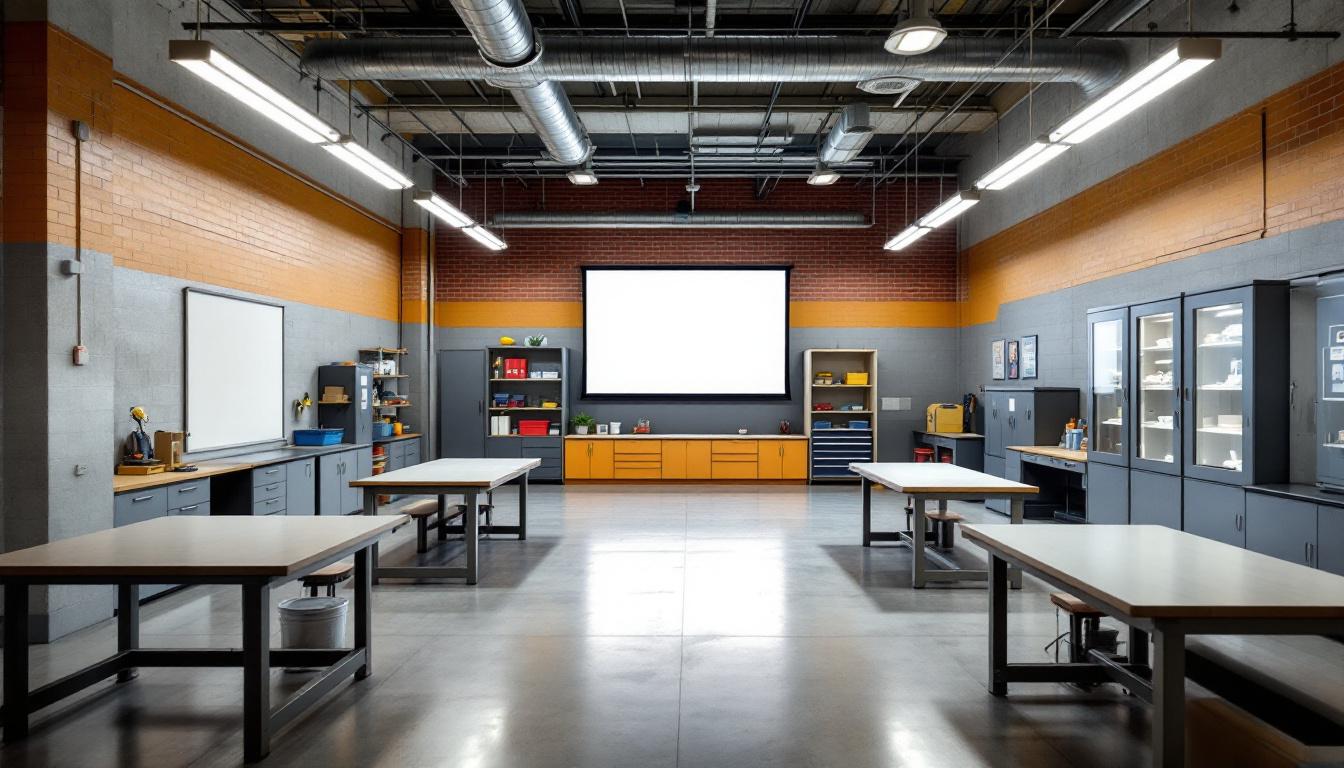
About Tyger River Correctional Institute
Nestled within the rural landscape of Enoree, South Carolina, Tyger River Correctional Facility serves as a cornerstone institution in the state's correctional network, emphasizing transformative programming that bridges incarcerated residents with meaningful community connections. This SC correctional facility operates under a philosophy that views rehabilitation as a collaborative effort between institutional resources and external partnerships, creating pathways for residents to develop essential life skills while maintaining ties to the broader South Carolina community. The facility's approach typically centers on preparing individuals for successful reintegration through structured programming that may include educational advancement, vocational training opportunities, and behavioral intervention services designed to address underlying factors contributing to criminal behavior.
The comprehensive residents services at Tyger River Correctional Facility often encompass partnerships with local educational institutions, workforce development organizations, and community-based support groups that extend beyond the facility's walls into Enoree and surrounding areas. Programs generally focus on building practical competencies through academic instruction, job readiness training, and personal development initiatives that help residents establish foundations for post-release success. The correctional facility's commitment to rehabilitation typically includes substance abuse counseling, mental health services, and family reunification programs that recognize the importance of maintaining healthy relationships during incarceration. Through these varied programming efforts, the facility works to create an environment where residents can develop the tools and perspectives necessary for positive community reentry while serving their sentences in a structured, supportive setting.
Programs & Services
Comprehensive rehabilitation initiatives at Tyger River Correctional Facility focus on preparing residents for successful community reintegration through skill development and personal growth opportunities. The facility typically emphasizes a multi-faceted approach that addresses educational gaps, vocational training needs, and underlying issues that may have contributed to incarceration. This holistic philosophy recognizes that effective rehabilitation requires addressing various aspects of a resident's life and circumstances.
Educational services form the foundation of many rehabilitation efforts, often including basic literacy programs, GED preparation, and continuing education opportunities that help residents build essential academic skills. Furthermore, vocational initiatives may deliver hands-on training in practical trades such as small engine repair, which provides residents with marketable skills for employment upon release. These programs typically combine classroom instruction with supervised practice, allowing participants to develop both technical knowledge and work readiness skills that employers value in the community.
Support services and therapeutic initiatives often include comprehensive substance abuse treatment programs designed to address addiction issues through counseling and behavioral modification techniques. The facility may offer faith-based initiatives that provide spiritual guidance and community support for interested residents. Additionally, practical support services typically include identification document assistance to help residents obtain necessary paperwork for employment and housing, along with wellness programs that promote physical and mental health. These diverse initiatives work together to address the multiple challenges residents may face when transitioning back to their communities.
Daily Life & Visitation
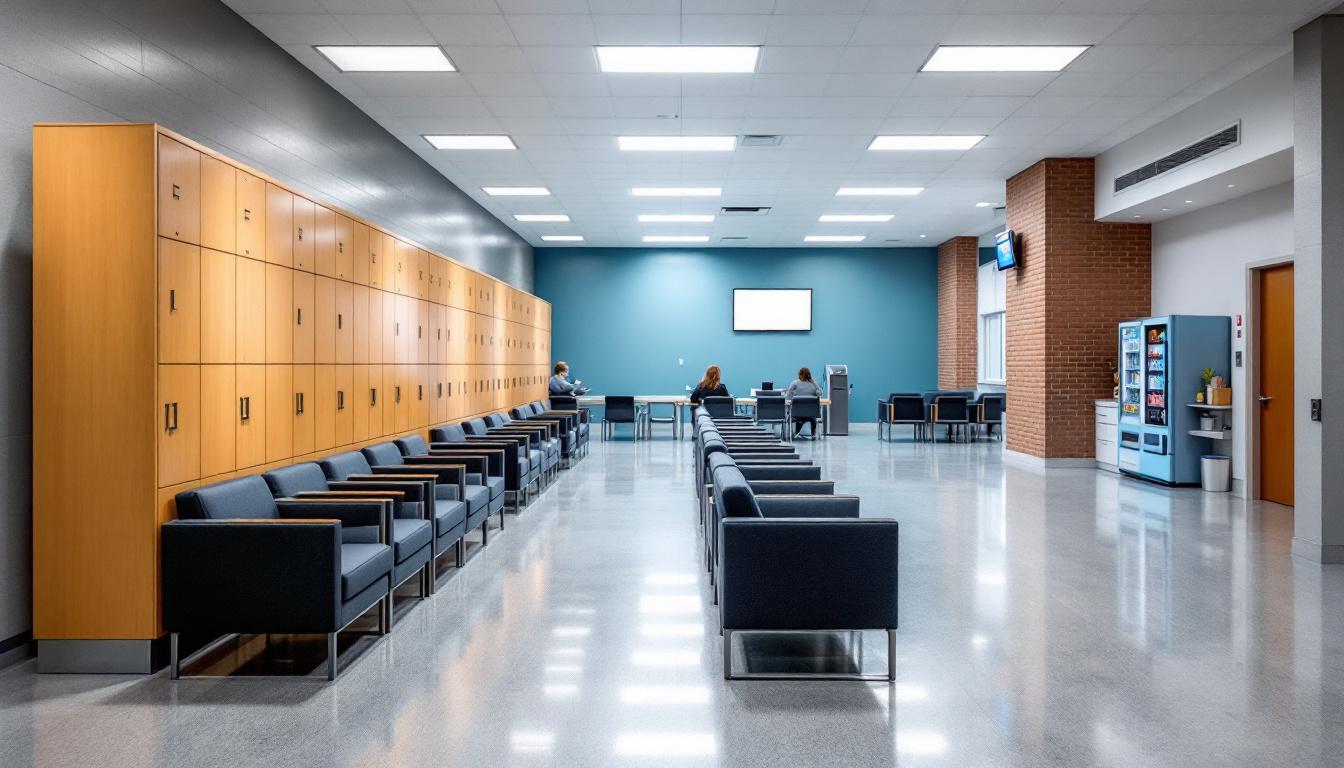
Structure and predictability form the foundation of each day, with residents following established routines that are actively maintained throughout the facility. At present, the daily schedule typically begins with morning count procedures, followed by meal service and work assignments that help residents develop skills while contributing to facility operations. These structured activities generally include kitchen duties, maintenance work, laundry services, and groundskeeping responsibilities that deliver both purpose and routine to residents' days.
Living accommodations at Tyger River Correctional Facility typically consist of housing units designed to provide basic necessities while maintaining security protocols. Residents generally share living spaces and have access to personal property within established guidelines, including items purchased through the commissary system. Furthermore, meal times are scheduled regularly throughout the day, with residents usually eating in designated dining areas where they can interact with others in their housing units. Although personal belongings are limited, residents may typically maintain correspondence materials, approved reading materials, and basic hygiene items.
Programming schedules often deliver educational opportunities, recreational activities, and structured exercise periods that help residents maintain physical and mental well-being. Recreation time usually includes access to outdoor areas, television viewing, and various games or activities depending on security level and facility resources. Although visitation policies vary based on security requirements, family members can generally maintain contact through scheduled visits, phone calls, and written correspondence. These connections typically provide important emotional support and help residents maintain relationships with their support systems outside the facility.
Ready to Connect?
Start communicating with your loved one today
Search for an Inmate
